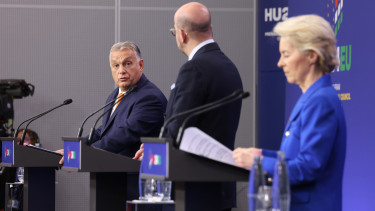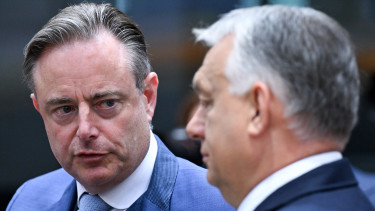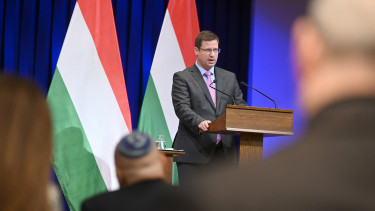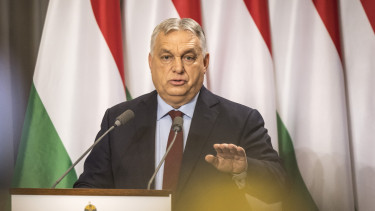Hungary steps up EU fund disbursement in January

The monthly amount of EU funds disbursed was HUF 287 bn in January according to Portfolio calculations, substantially more than in recent months and higher than any time during the past two years. The biggest increase was in the Economic Development and Innovation Operational Programme (EDIOP/GINOP) and the Integrated Transport Development Operational Programme (ITDOP/IKOP).

As the table below detailing disbursement by programme shows, the amount of EU funds disbursed rose HUF 1,365 bn in 12 months. The two largest items were the GINOP and the IKOP, with more than HUF 100 bn paid out in January in each, which means that about a third of payments made in a year were last month.

The January amount has pushed the total of domestic disbursement above HUF 7,000, meaning that more than 75% of the seven-year budget has been paid out.

Looking at the number of new grants awarded last month, we see that excluding the Rural Development Operational Programme (RDOP/VP), the total number of grants in the other nine programs decreased by HUF 242 bn, an unprecedented development.

This was because the number of grants awarded in the GINOP decreased by nearly 700 to 19,064, while the volume of funds allocated dropped by HUF 31 bn to HUF 2,547 bn. The likely reason behind the decrease is the cancelling of grants for stalled projects or the reallocation of funds from slowly progressing projects.

As a result, the total volume of EU funds allocated also decreased by HUF 11 bn to HUF 9,529 bn, an unusual but not unprecedented development.

According to Portfolio's calculations, the combined volume of convergence and regional development funding transferred by the EU to Hungary rose EUR 133 mn (cca. HUF 45 bn) in January, bringing the total to HUF 10,955 bn, or 44% of the seven-year budget.

As domestic disbursement was HUF 287 bn in January, the gap between the two has opened again, placing a burden on Hungary's budget.
As seen in the chart, total allocations in the seven-year EU budget period are at HUF 9,530 bn (104% of the seven-year budget for Hungary), funds disbursed total more than HUF 7,000 bn (76%), while EU transfers are at HUF 3,500 bn (44% of the seven-year total).
This means that Hungary has received almost exactly 50% of the amount disbursed locally in EU transfers, compared to a theoretical maximum of 75%. (15% of disbursements are co-payments by Hungary, and the European Commission withholds 10% of transfers to pay for any irregularities.)

Hungary slightly above EU average
Looking at absorption rates among all member states, Hungary's 44% is middle of the pack but slightly above the EU average. Absorption rates are higher than the average in Cohesion Fund (CF), European Regional Development Fund (ERDF) and European Social Fund (ESF) financing.
Hungary's implementation rate of 110% (the amount allocated versus the funding available over the seven-year budget period) is far above any other member state, and has been for a while after the government allowed local authorities overseeing the individual programmes to overspend by at least 10% of the budget starting from 2017. The overspending rate was partly motivated by caution, as the fast allocation rate came with a bigger number of irregularities, and Hungary thus stockpiled an excess amount of invoices it could send to Brussels to replace invoices rejected so that Hungary would not lose out on funding. This caution, incidentally, was not without reason as the EC recently said Hungary has accepted a EUR 1 bn financial correction in relation to irregularities linked to EU tenders.














